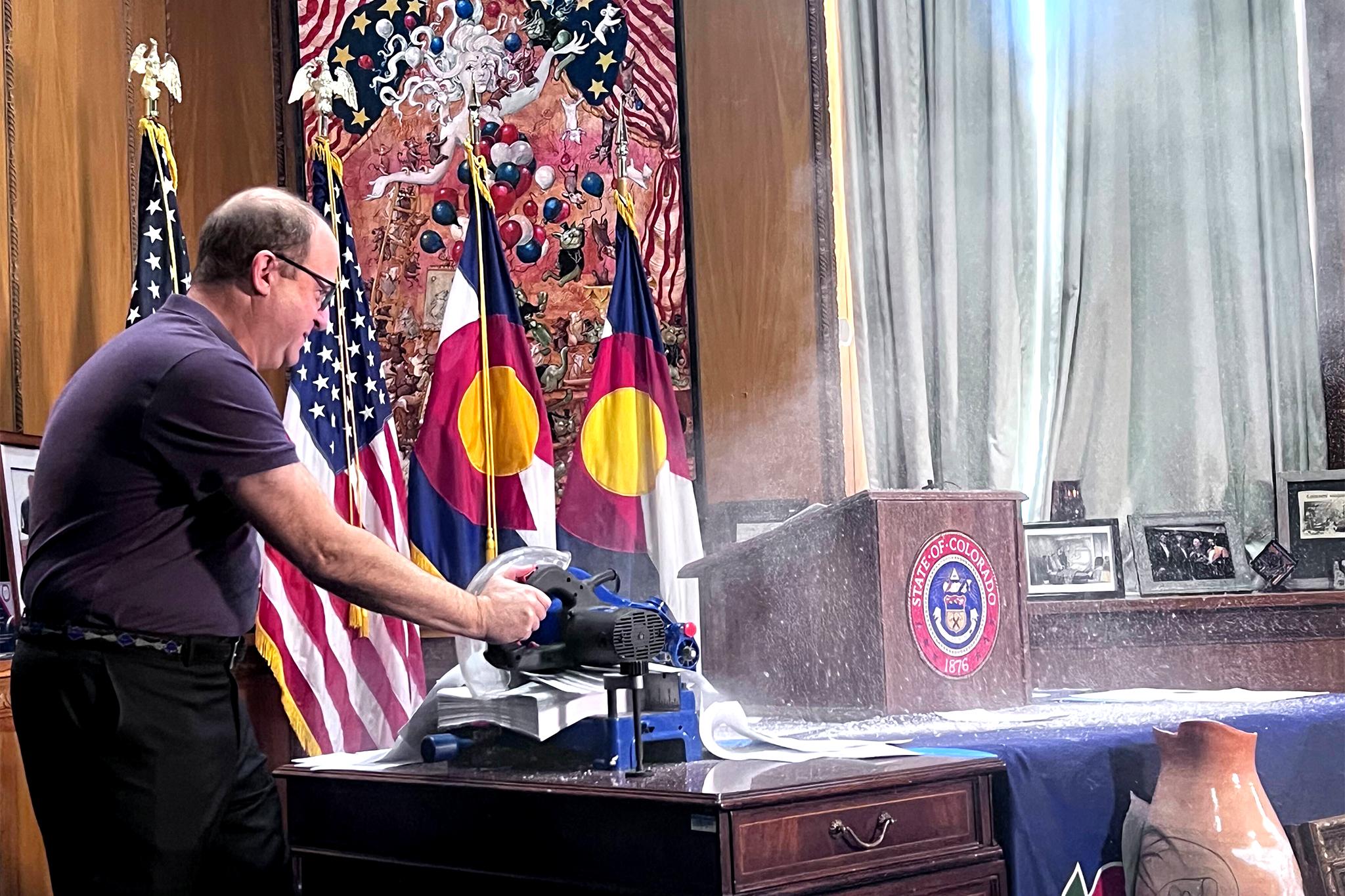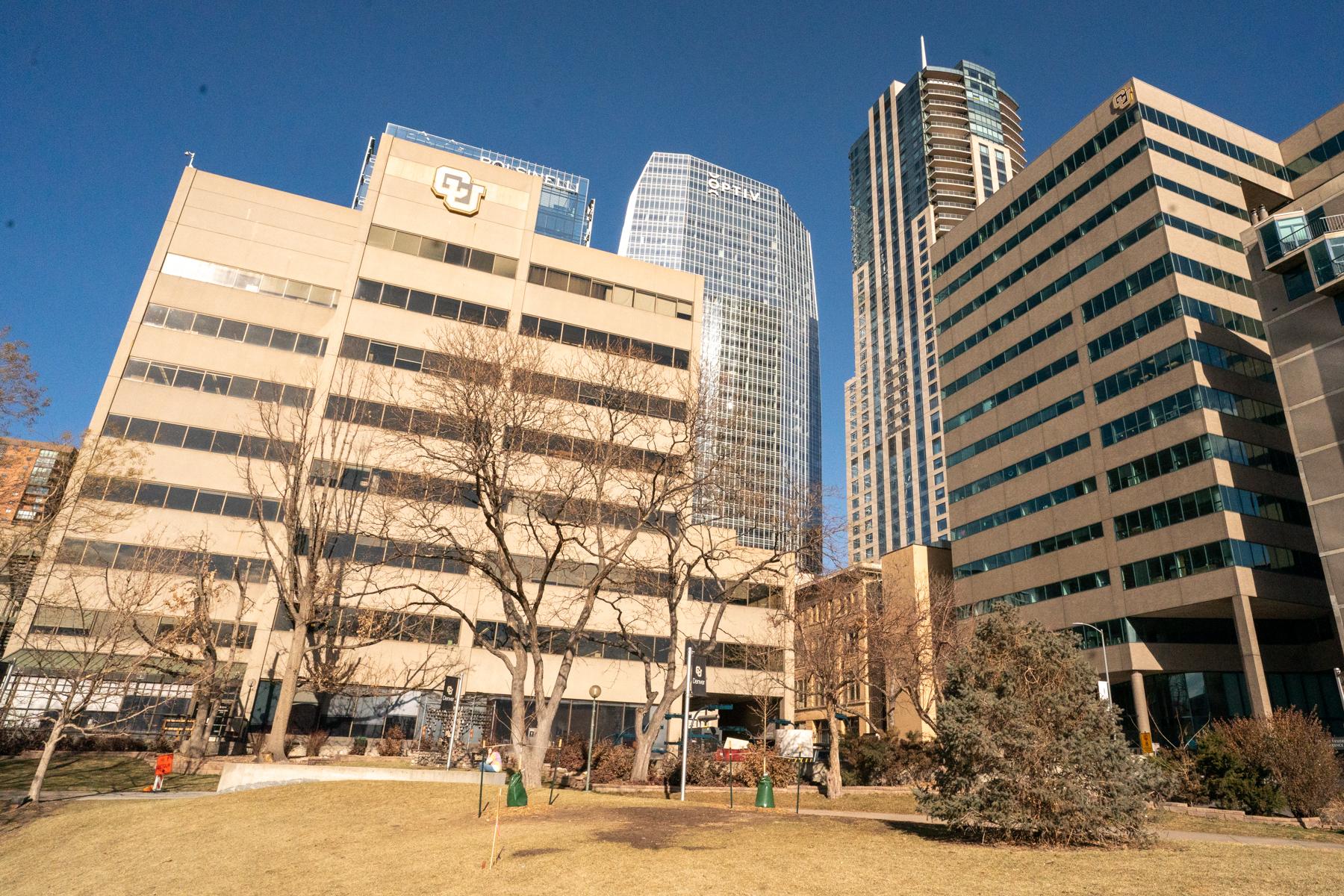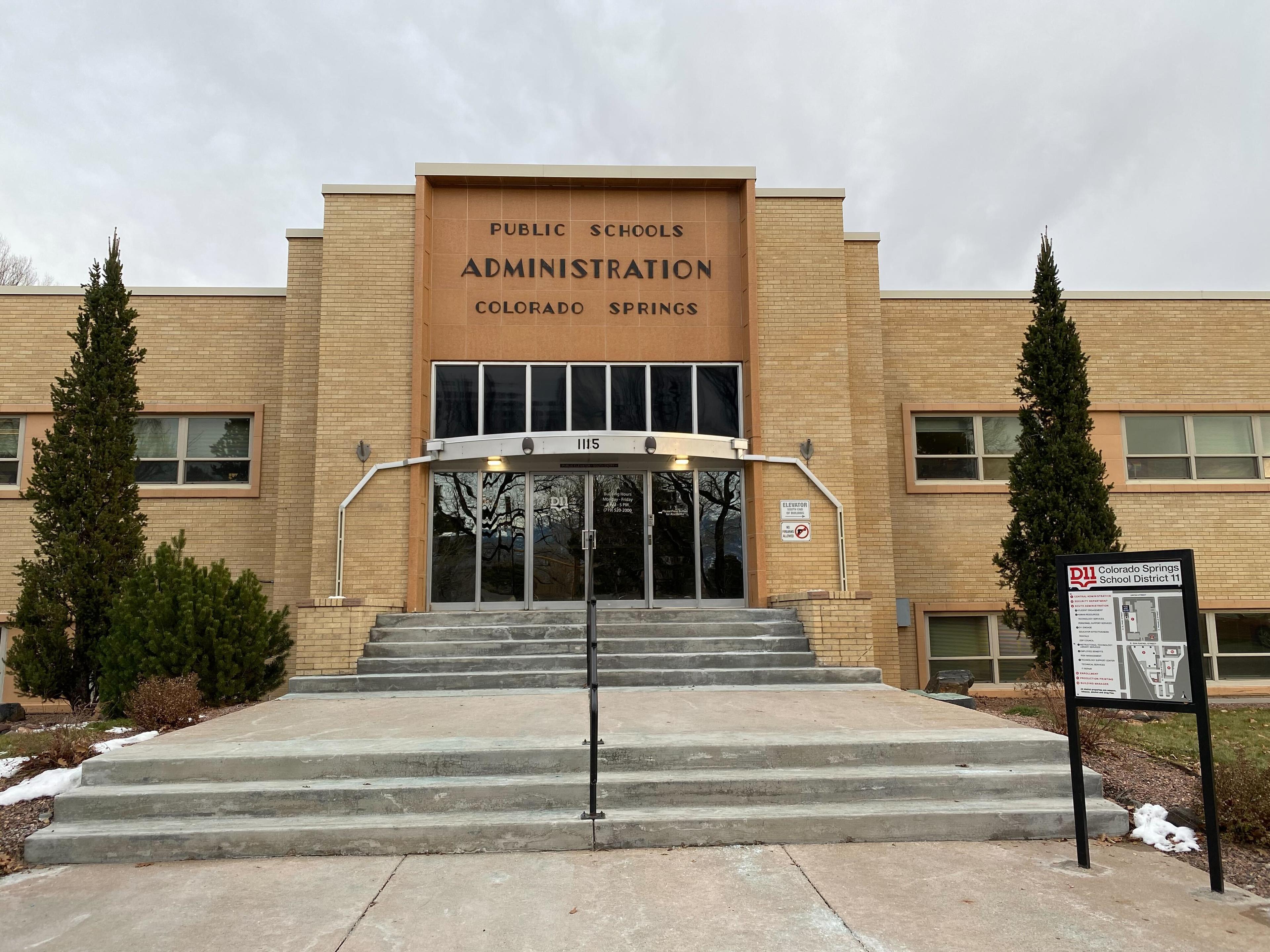Originally published on January 30, 2020 10:41 am
Every year, road crashes injure millions of Americans, killing tens of thousands and costing taxpayers hundreds of billions of dollars. According to a new analysis, states in the Mountain West could be doing more to curb crashes.
The 17th annual Roadmap of State Highway Safety Laws from Advocates for Highway and Auto Safety looked at 16 laws across five categories, including seat belt requirements, child passenger safety and distracted driving. States that have several of these laws on the books received a green rating, while those that have passed very few received a red.
“Twelve states were given the lowest red rating because they are dangerously behind in the adoption of recommended laws,” said Catherine Chase, the organization’s president.

Three of those states are in the Mountain West: Montana, Nevada and Wyoming. Just seven states and the District of Columbia received green ratings.
Chase said it isn’t just about safety; there’s also economic incentives for states to adopt more road safety laws.
“The emotional devastation inflicted on families from crashes also comes with a significant annual economic cost of $242 billion,” she said.
According to the latest numbers from the National Highway Transportation Safety Administration, the annual economic cost of road crashes averages $784 per U.S. citizen. In the Mountain West, annual costs range from $788 million in Wyoming to $4.173 billion in Colorado.
This story was produced by the Mountain West News Bureau, a collaboration between Wyoming Public Media, Boise State Public Radio in Idaho, KUER in Salt Lake City, KUNR in Nevada, the O’Connor Center For the Rocky Mountain West in Montana, and KRCC and KUNC in Colorado.
Copyright 2020 KUNR Public Radio. To see more, visit KUNR Public Radio.







